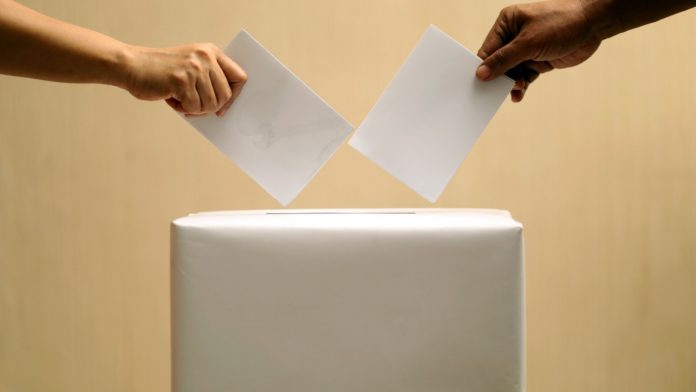Should election betting be legal in the US? Eric Zitzewitz, Professor of Economics at Dartmouth, certainly thinks so and he argues his case on the latest episode of Slate’s Hear Me Out with Celeste Headlee.
On Slate’s hub for hot takes: election betting should be legal. https://t.co/RdwPlP1A58
— Slate (@Slate) June 4, 2024
During the podcast he claims that election gambling should be legal as market prices can be used to learn about the probability of different outcomes during elections.
He also refutes Headlee’s claims that opening up the election betting market could impact the democratic process, lead to further problem gambling and shape voter intentions in the same way as opinion polls.
Headlee’s first concern is that allowing betting on election results will be another threat to democracy as giving people the opportuinity to make significant money from the results will increase the incentive for someone to try impact election results.
Zitzewitz doesn’t believe that this will be the case due to the amount of money at stake during current election campaigns and the expense of trying to influence the predictions market.
He said: “I would note that there are already people with big economic incentives to influence elections. The private prison industry had an enourmous amount of money at stake in the 2016 presedential election and every presidential election since.”
Headlee then argues that this data will be used in the same way that current polling data is used which can manipulate voter behaviour.
Zitzewitz disagrees with this as he believes that the market prices would be more accurate than polls, which he says are often impacted by errors caused by random errors or systematic bias.
He added: “I think that the fact that a market price comes out of a market that anybody can participate in, that reflects a weighing of many people’s opinions. I see that as much less manipulative than if voters listen to one particular person with one particular agenda.”
He also says that market prices can be used by political parties as a way to analyse which of their candidates has the greatest probability of being successful.
Headlee’s final concern surrounds the ever present issue of problem gambling, and the potential for election betting to lead to addiction.
Zitzewitz stresses that election gambling has less chance to cause addiction than traditional gambling due to the frequency of when elections take place.
“What sports betting does is it gives you an opportunity to bet every single day or 20 times a day. So if you lose, you can get right back out there,” he explained. “Elections don’t have that same sort of tempo. Yes, maybe you lose money on one primary and there’s another one in a month, but it’s not the same as sports betting in terms of the frequency.”





